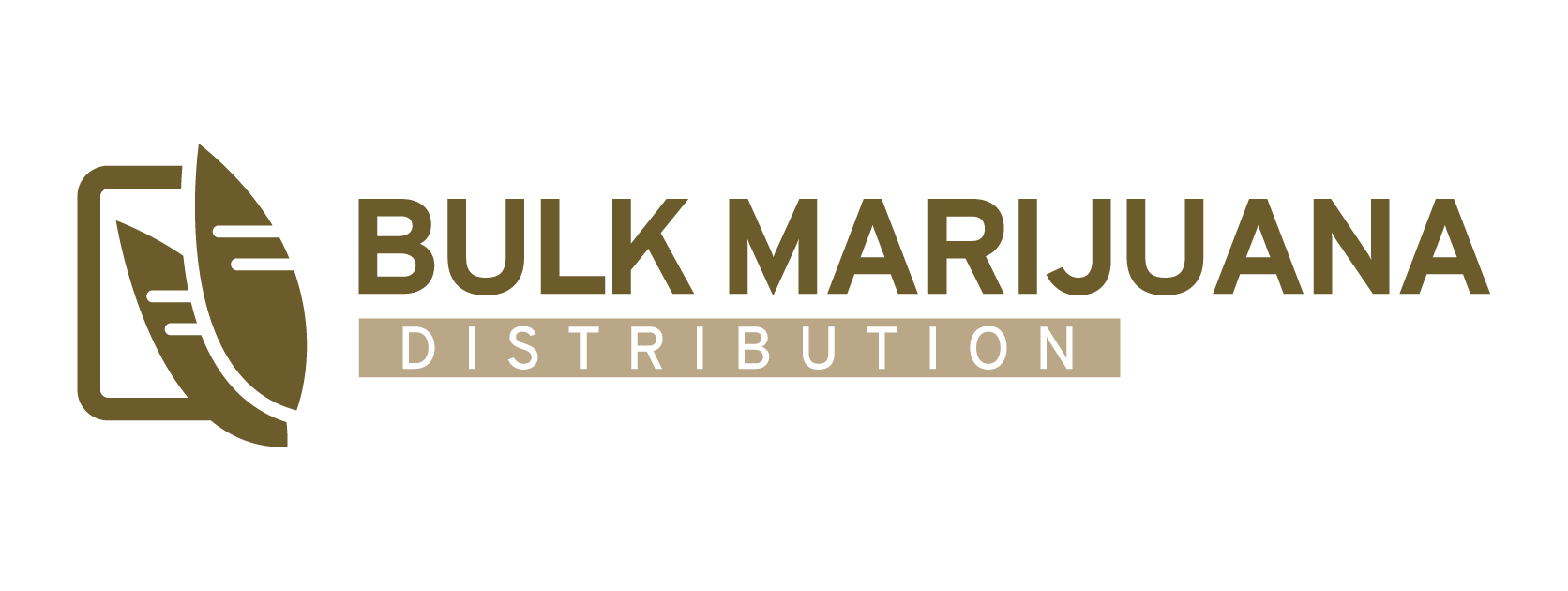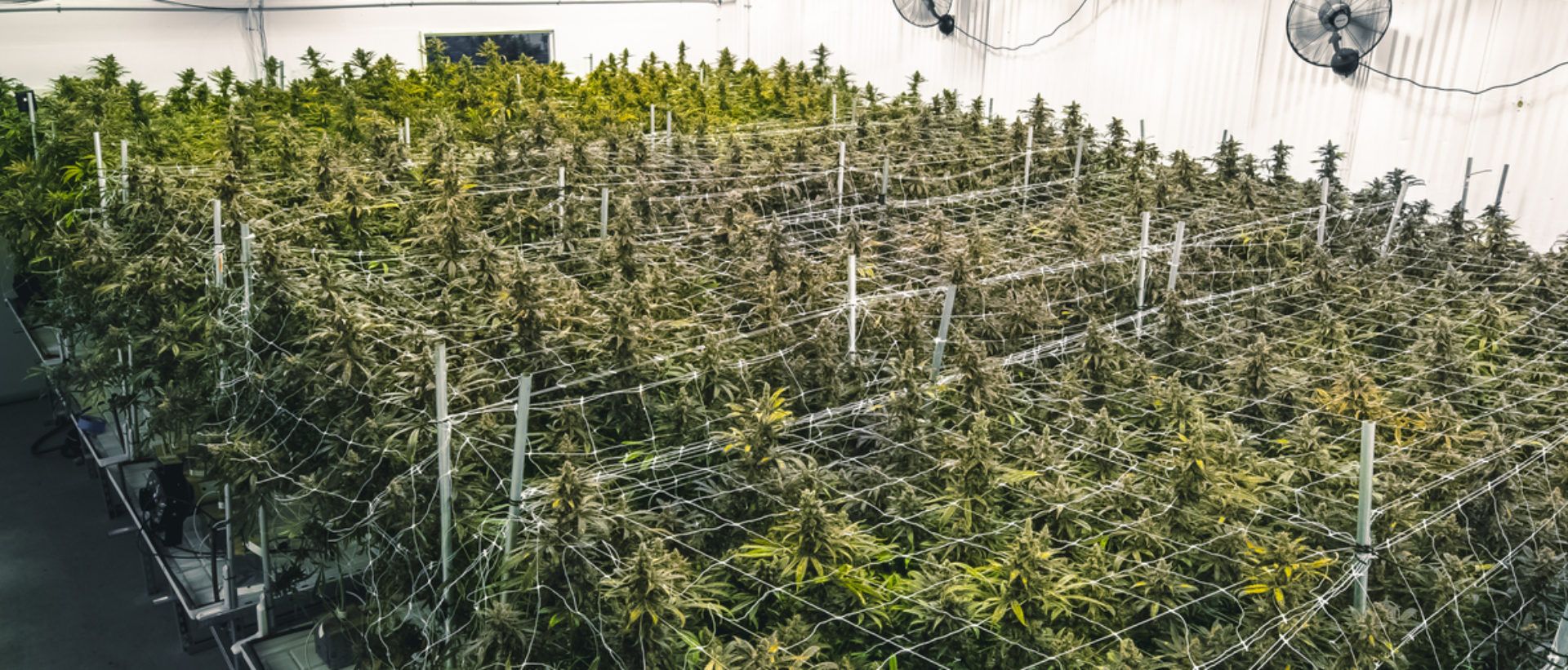In the bulk cannabis distribution industry, the stakes are high: millions of dollars in product, heavy regulation, and scrutiny from state authorities. A logistics and security officer outlines the professional, multi-layered security measures in place to safeguard high-value shipments.
Regulatory Chain-of-Custody Tracking
Every cannabis shipment enters a seed-to-sale tracking system mandated by regulators (e.g., METRC, BioTrackTHC). This digital record logs each batch’s movement—times, dates, locations, personnel—and creates an auditable trail that must remain unbroken. Any discrepancy can trigger alarms and investigations.
Tamper-Evident Seals & Packaging
Shipments are secured using bolt seals, cable seals, tamper-evident tape, void labels, and serialized barcodes. These tools not only prevent unauthorized access but also signal tampering. Many distributors use advanced RFID-equipped or blockchain-integrated seals that allow real-time monitoring.
Secure Storage and Vehicle Lockdowns
Before transport, cannabis is held in vaults or safes—often lined with anti-cut mesh walls and equipped with high-security doors and locks—designed per state guidelines. Once loaded, the product is stowed in locked containers or cages inside transport vehicles. Drivers cannot leave the vehicle unsecured, and alarms must be active.
Vehicle Protocols & Covert Operations
Cannabis transport vehicles are deliberately unmarked, avoiding any branding that could attract attention. Security protocols often include:
- GPS telematics and live tracking to monitor routes and detect unauthorized stops.
- Lead escort vehicles or advance scouts that clear routes and communicate potential threats.
- Pre-set “safe words” exchanged upon arrival to verify identities and reduce risk.
Personnel Security & Driver Safety
Security officers rigorously vet drivers through background checks and professional training. In-transit, drivers adhere to:
- No solo stops without prior authorization.
- Escorting protocols at delivery points.
- Constant communication with dispatch and facility security.
Surveillance & Real-Time Monitoring
Vehicles and storage facilities are outfitted with 24/7 surveillance—video, motion detectors, and alarm systems—with remote monitoring capabilities that alert security teams to irregularities. Many systems integrate AI for automatic threat detection and verification by live agents.
Physical Site Hardening
Facilities use layered physical defenses including:
- Commercial-grade vaults and safes, often room-enclosed and bolted to floors.
- High-security mesh, reinforced walls, and intrusion alarms on all access points.
- Access control systems (keycards, biometrics) restricting entry to authorized personnel, with logs tracked including time-stamps.
Internal Integrity Measures
Employee theft is a major concern. Measures include:
- Comprehensive background screening.
- Strict access control, limiting sensitive areas to a few vetted individuals.
- Regular audits, reconciliation of inventory, and maintenance of a cascading digital trail.
Environmental & Quality Controls
For certain cannabis products, temperature-controlled environments are vital. Specialized vans regulate temperatures between 20–60 °F as needed. These units are monitored continuously to prevent spoilage and ensure regulatory compliance.
In Summary
Securing high-value, bulk cannabis shipments requires a robust, multi-faceted protocol:
- Seed-to-sale digital oversight
- Tamper-evident packaging
- Secure vaults and vehicles
- Low-profile transport with real-time tracking
- Rigorous personnel vetting and surveillance
- Strict access controls and audit procedures
- Environmental safeguards for product integrity
Adhering to these protocols mitigates risks—regulatory, theft-related, and reputational—ensuring safe, compliant delivery of high-value cannabis to lawful endpoints.

